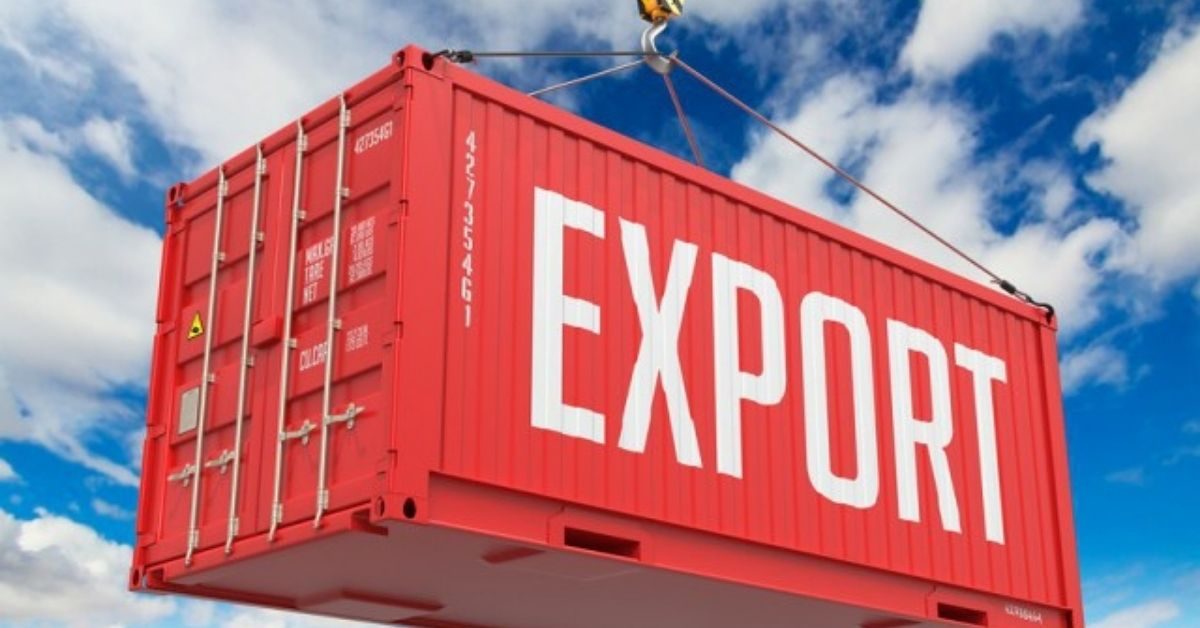For exporters who have claimed duty credits above Rs 1 crore under the Remission of Duties and Taxes on Export Products (RoDTEP) scheme, the Director General of Foreign Trade (DGFT) has instituted mandatory annual reporting obligations.
The new directive’s stringent paperwork requirements have caused a great deal of debate within the export community.
Launched in 2021, the RoDTEP program was intended to compensate exporters for a range of taxes paid at the federal, state, and local levels throughout the manufacturing and distribution of exported goods that were not previously covered by other programs.
This system allows exporters to get duty credits that can be applied to basic customs duties on imports. The credits are computed as a percentage of the exporter’s Free on Board (FOB) export value.
Exporters are concerned about the new required Annual RoDTEP Return (ARR) because of its stringent data requirements.
Value Added Tax (VAT) and Excise Duty paid on both inbound and outgoing transportation must be described product-by-product in the return.
Industry participants contend that because transport service providers usually only issue freight charge invoices without breaking down fuel-related tax components, it is nearly hard to collect such precise data.
The deadline for submitting 2023–24 data is March 31, 2025, as stipulated by the DGFT. Failure to comply may result in the loss of RoDTEP benefits.
A Rs 10,000 composition cost can be applied to late submissions made within three months, and a Rs 20,000 fee will be applied for submissions made after this time.
The committee reserves the authority to seek reimbursement of excess claims, and exporters must also declare that their RoDTEP claims do not exceed real tax incurrences.
According to industry sources, this increased attempt to gather data may be related to recent World Trade Organization (WTO) discussions in which India is having difficulty proving that the RoDTEP scheme does not amount to an illegal export subsidy.
However, as the majority of exporters probably did not keep such thorough records during the prior fiscal year, the retrospective nature of the data requirements may present serious difficulties.







